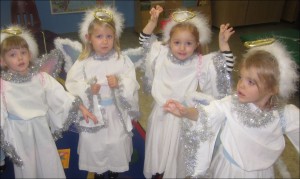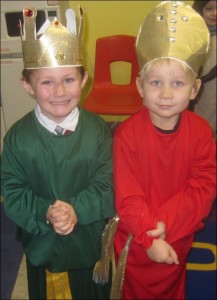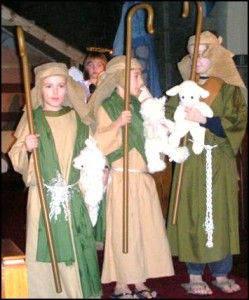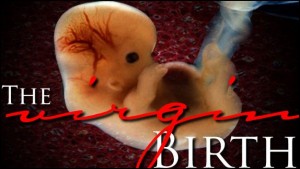It’s interesting that Jesus was rejected by most of the people at His birth. The religious leaders knew something about the prophecy because they informed Herod when he inquired as to the predicted whereabouts of the child’s birth, but they  weren’t interested in it. Herod, the King of the Jews, was only interested in it so that he could kill the baby. The only kings interested in it were those from foreign countries. The inn keepers in Bethlehem had no room for him and he was left to be born in a stable, an animal shelter. He was born at the place where animals were born. He was inspected by the Shepherds who raised the sheep for sacrifice and found to be wrapped in swaddling clothes to preserve his perfection as an offering acceptable to God for the sins of the world.
weren’t interested in it. Herod, the King of the Jews, was only interested in it so that he could kill the baby. The only kings interested in it were those from foreign countries. The inn keepers in Bethlehem had no room for him and he was left to be born in a stable, an animal shelter. He was born at the place where animals were born. He was inspected by the Shepherds who raised the sheep for sacrifice and found to be wrapped in swaddling clothes to preserve his perfection as an offering acceptable to God for the sins of the world.
I have been in horse stables, and in barns where animals were kept, and the thing that I remember most about those experiences was the odors. The Old Testament even mentions the “smell in barns” produced by the animals. In an agricultural economy the stench of animals was a smell of prosperity. But comparatively speaking there are many other odors I’d rather smell. The contrasting aromas in the Christmas story are interesting. The odor of the wise men’s gifts of frankincense and myrrh is on the pleasant side while the odors of the stable are on the unpleasant side. Further, there has been many traditions regarding the “smell” of angels. Some argue that angels smell like the fragrance from flowers, others from fruits, but mostly the comparison is with fresh baked cookies. You might remember that in the movie “Michael,” John Travolta was supposed to smell like cookies. I have no strong opinion as to whether angels truly have an odor or not, I’d probably vote no if pushed into the corner simply because there is no biblical reference to their odor. Yet anything is possible with God.
I’m convinced that odors are significant however. The use of many different fragrances in the worship services described in the Old Testament are evidence that odors are involved somehow. The acceptable sacrifices of man to God are frequently said to ascend in a “sweet smelling aroma.” In this regard as the ultimate sacrifice, burnt offering, for the sins of the world, Jesus was indeed a sweet smelling fragrance. Our victory over the stench of the world is also characterized by the presence of Christ and alluded to as an odor. Paul writes to the Corinthians, “But thanks be to God, who in Christ always leads us in triumphal procession, and through us spreads the fragrance of the knowledge of him everywhere.” The word “angel” means messenger, and as Christ’s messengers, we should have the same odor (presence) that he had.
Chuck
“And walk in love, as Christ loved us and gave himself up for us, a fragrant offering and sacrifice to God.” Ephesians 5:2








